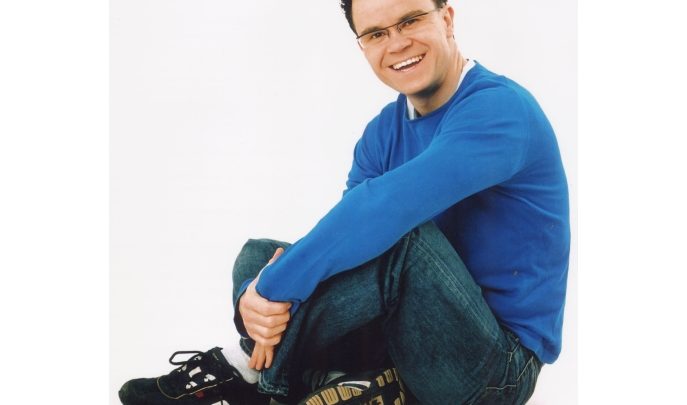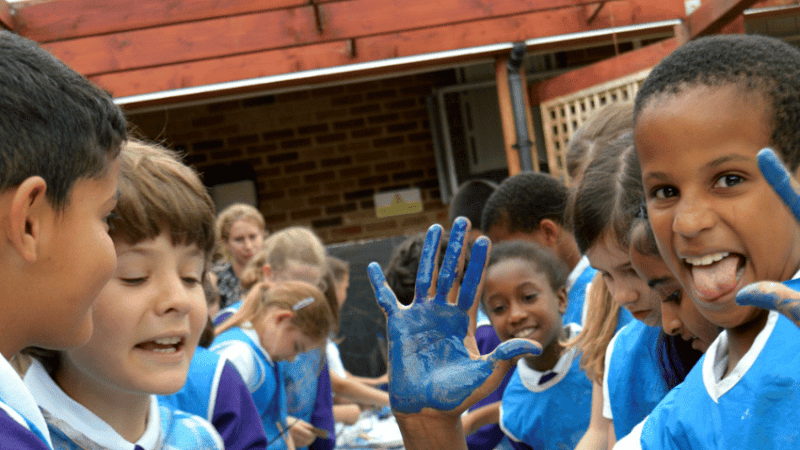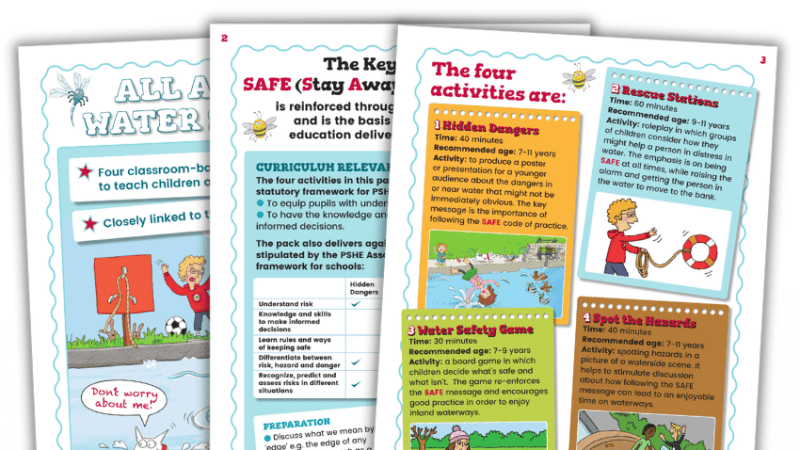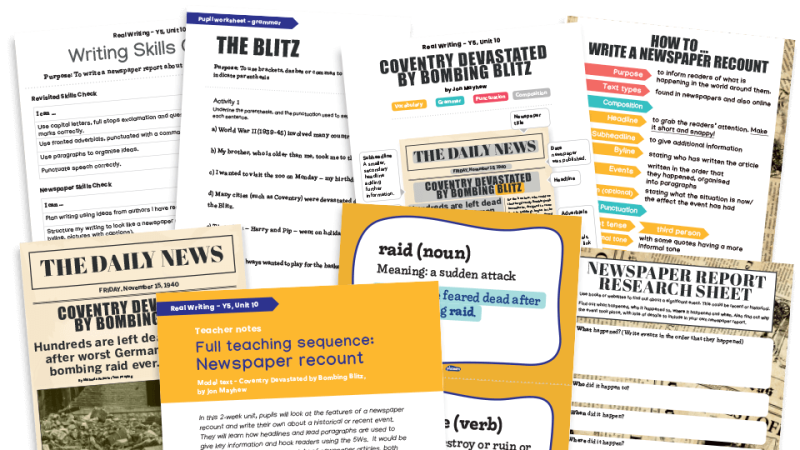“I Believe That The Greatest Damage Done To Our Schools Has Been The Abolition Of Grammars”

Looking back, comedian and novelist Dominic Holland enjoyed his education – but suspects he might have had an even better time if he’d been born in September…

I have very affectionate memories of my schooldays. I went to a lovely, all-boys comprehensive in London; I had great friends and some really good teachers (along with a couple of very poor ones, which is probably a standard mix, I suppose). I look back on some of the things we used to get up to with horror, of course, but on the whole, they were happy times.
Academically, though, secondary school was a struggle for me. It was fine at primary – I was the fastest runner; all the girls fancied me; I thought I was going to run the world. But when puberty kicked in, my friends suddenly accelerated in their development and I found myself left behind. I didn’t do badly, but I was never in the top stream and, more to the point, didn’t imagine that I ever could be in the top stream.
Looking back now, I put it down to how young – and immature – I was, in comparison with my classmates. I’m very interested in the disadvantages experienced by summer babies; it’s obvious, really – the hairiest boys get the best grades. That’s how it was for me, and I can see it when I look at my own children.
I think it can be very debilitating for kids who go through their formative years feeling like they are fundamentally not as good as their peers, simply because of when they happen to have been born. I don’t know exactly how it could be managed, but I’m sure schools would be better places if they weren’t so structured around the September to August model.
Academic inadequacy
That said, I do think streaming is essential. I know it can be considered a controversial opinion, but I believe that the greatest damage done to our schools has been the abolition of grammars. The idea of comprehensive education was laudable and well-intentioned – but it hasn’t worked in practice.
I don’t believe you can homogenise children; some will be academic, others might be better at sport, or woodwork, or something else entirely. And we can’t encourage them in their particular areas of prowess if we insist on treating them all exactly the same, and making them all follow exactly the same programmes of study, with the aim of sending them all off to a Russell Group university to get a 2:1 in media studies (or in my case, textiles management).
For myself, I’ve been able to overcome that early sense of academic inadequacy, such as it was. I’ve self-educated to a certain extent, and certainly as a writer. My novels are unashamedly populist – I’m not pretending to produce beautiful prose, I just want to tell a really good story, and make people laugh. That means I need to be able to create a genuinely compelling narrative, which demands a lot of rewriting until it falls into shape. The thing I hear most often about my books is that readers ‘can’t put them down’, which is a cliché, but deeply gratifying nonetheless.
A 50-year scandal
I’m often on television, and my dad will watch and say, “Where did you get that vocabulary? How did you learn to speak like that?” I’m not sure what the answer is – I’m not particularly well-read, for example – but it’s certainly true that it’s always been important to me to do my best. My teachers at school would probably have described me as quite irksome, and a bit of a nuisance in class; I had a smart mouth, and was, according to my reports “more interested in getting laughs than getting As”. But as I wanted to be a comedian from an early age, that was a great plaudit!
The truth was, I’d never hand in a shoddy piece of work; I would always have tried hard, and that’s the message my wife Nikki and I have given our four sons. As long as they are giving of their best, we’re happy to encourage them in doing whatever it is they want to do.
Education is mandatory. It’s an experience we all share – and for me, it was a wonderful one. I think it’s a great sadness if kids aren’t happy at school, and an indictment of their circumstances, or the system, or both. Happiness is hard to measure, though, unlike exam results, which is why I think the grade deflation that’s happened over the past 50 years or so is a scandal.
Three As at A level used to mean you’d be thinking about Oxbridge; now it seems it’s hard to be taken seriously with any fewer than seven, which is surely ridiculous. I don’t have the answers – I’m not an educationist – but I’m conscious of the failings, and convinced that meaningful learning is about much more than walking away with a degree at the end of it.
Dominic Holland is an award-winning comedian, broadcaster and author; for more information, visit www.dominicholland.co.uk or follow @domholland
This article first appeared in issue 5.7 of Teach Secondary magazine











